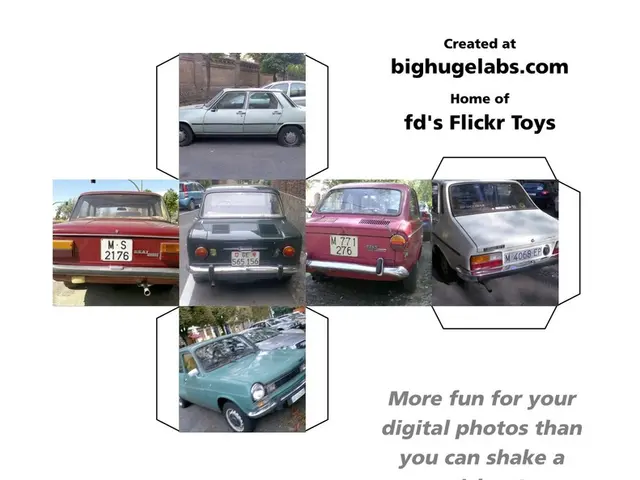Chinese Export Restrictions Threaten German Car Manufacturing: VDA Voices Concerns
Production Concerns Grow Among VDA Members Due to Anticipated Decrease
In an alarming development, Germany's leading automotive association, VDA, has raised concerns over potential disruptions in German car manufacturing due to China's export restrictions on rare earths. According to VDA President Hildegard Müller, the lack of export licenses and slow customs clearance could lead to production delays or even stoppages.
The trouble started earlier when the Alliance for Automotive Innovation in the US warned of potential production disruptions due to this issue. China, the world leader in these critical materials,has imposed restrictions on key raw materials used in electric motor magnets and sensors, primarily as part of its trade dispute with the US.
The Chinese government requires producers to apply for new licenses for each contract with foreign companies. This restriction, primarily targeting the US, affects all global customers, including Germany.
The VDA urges the German government and the EU Commission to advocate urgently for a swift resolution with the Chinese government. The consequences of inaction could be severe, as these rare earth elements are crucial for high-performance technologies, including electric motors and braking systems in vehicles.
As of April 2025, seven rare earth elements, including Samarium, Gadolinium, Terbium, Dysprosium, Lutetium, Scandium, and Yttrium, have been subject to export restrictions, along with related magnets[1][2][3]. These elements are crucial for multiple high-performance technologies, and their unavailability could cause severe disruptions, affecting the automotive industry's ability to produce electric vehicles and other technology-intensive models[1][2].
The reliance on these rare earth elements for advanced automotive technologies, such as electric vehicle motors and other components, makes German car production particularly vulnerable[2].European companies have already stopped production due to the lack of these critical materials, highlighting the dependency on Chinese exports[3].
Manufacturers and trade bodies are actively seeking urgent interventions, including meetings with Chinese officials to expedite stalled export licenses[2]. The potential impacts on global car production extend beyond Germany, and include supply chain disruptions, difficulties in sourcing critical components, and the need for companies to diversify their supply chains or negotiate special export licenses to maintain production levels[1][2].
In summary, China's export restrictions on rare earths pose a significant challenge to the global automotive industry by disrupting supply chains and affecting the production of technology-intensive vehicles. The VDA's warning underscores the urgency for the German government, EU Commission, and Chinese authorities to address this issue promptly to prevent potential production disruptions in Germany and beyond.
- The VDA and other global entities within the automotive industry are calling for immediate policy changes in employment and finance, as the restrictions on rare earth exports from China are threatening employment opportunities in Germany due to potential disruptions in car manufacturing.
- With the energy sector relying heavily on rare earth elements for high-performance technologies like electric vehicles and advanced components, the impact of China's export restrictions extends beyond Germany, affecting various industries and employment policies worldwide.








